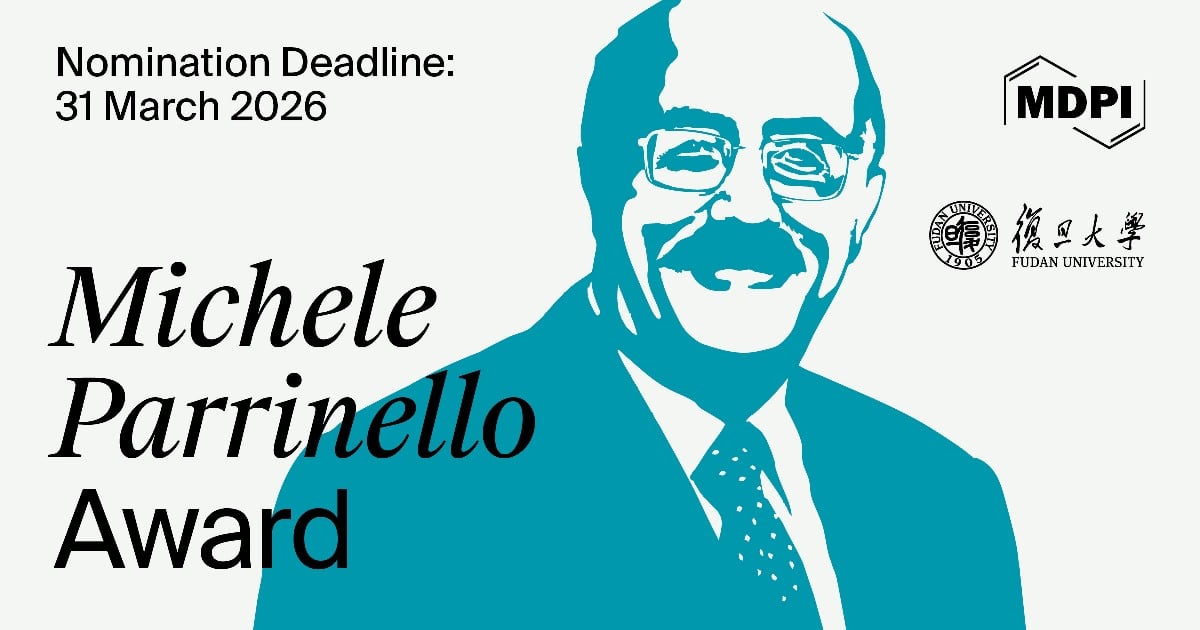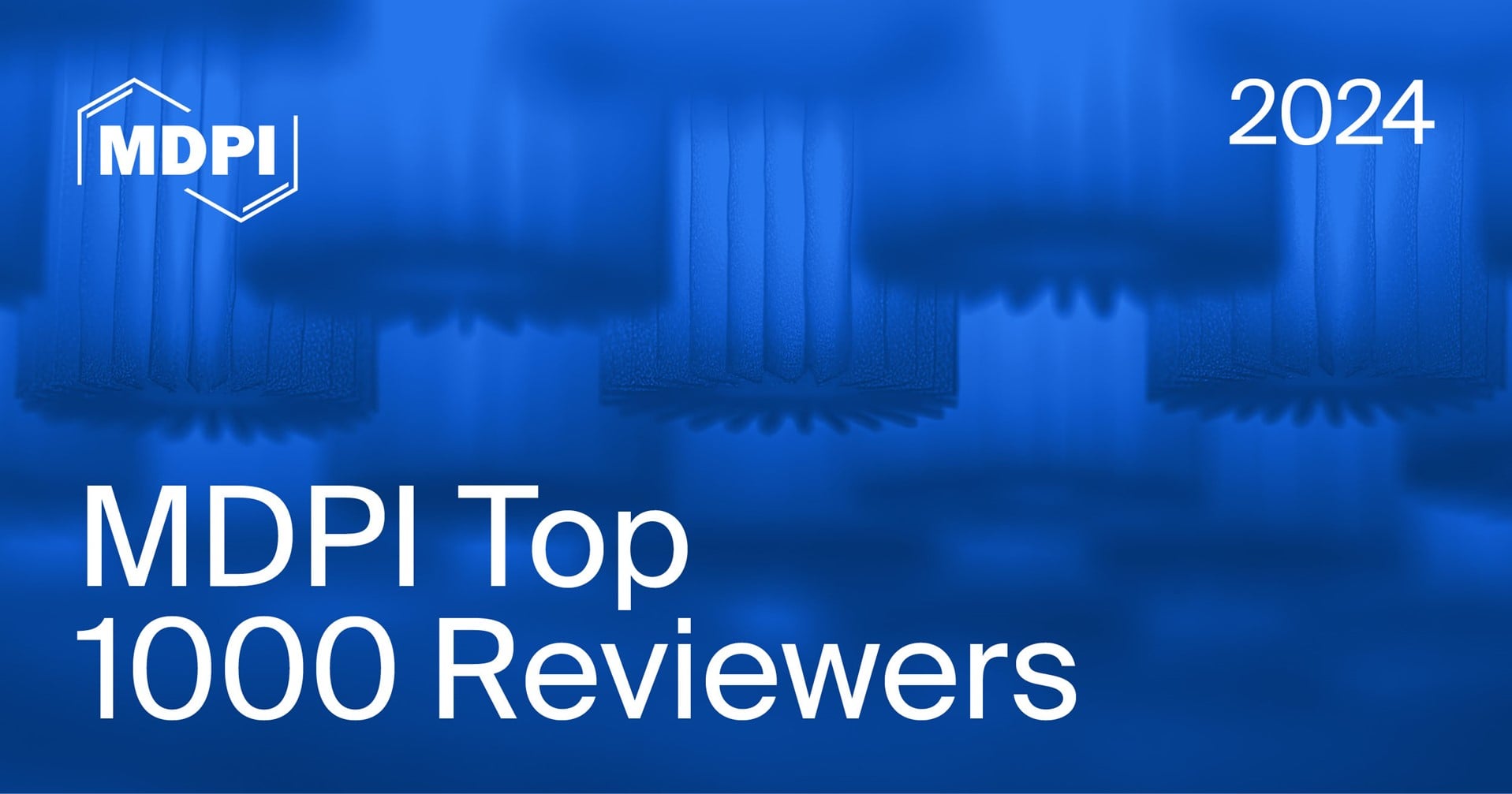-
 Industry-Driven Model-Based Systems Engineering (MBSE) Workforce Competencies—An AI-Based Competency Extraction Framework
Industry-Driven Model-Based Systems Engineering (MBSE) Workforce Competencies—An AI-Based Competency Extraction Framework -
 Exploring Different Patterns of Perceived Barriers to Sustainable Project Management
Exploring Different Patterns of Perceived Barriers to Sustainable Project Management -
 The Viable System Model and the Taxonomy of Organizational Pathologies in the Age of Artificial Intelligence (AI)
The Viable System Model and the Taxonomy of Organizational Pathologies in the Age of Artificial Intelligence (AI) -
 Introducing the Manufacturing Digital Passport (MDP): A New Concept for Realising Digital Thread Data Sharing in Aerospace and Complex Manufacturing
Introducing the Manufacturing Digital Passport (MDP): A New Concept for Realising Digital Thread Data Sharing in Aerospace and Complex Manufacturing -
 Degenerative ‘Affordance’ of Social Media in Family Business
Degenerative ‘Affordance’ of Social Media in Family Business
Journal Description
Systems
- Open Access— free for readers, with article processing charges (APC) paid by authors or their institutions.
- High Visibility: indexed within Scopus, SSCI (Web of Science), Ei Compendex, dblp, and other databases.
- Journal Rank: JCR - Q1 (Social Sciences, Interdisciplinary) / CiteScore - Q2 (Modeling and Simulation)
- Rapid Publication: manuscripts are peer-reviewed and a first decision is provided to authors approximately 18.8 days after submission; acceptance to publication is undertaken in 2.8 days (median values for papers published in this journal in the first half of 2025).
- Recognition of Reviewers: reviewers who provide timely, thorough peer-review reports receive vouchers entitling them to a discount on the APC of their next publication in any MDPI journal, in appreciation of the work done.
Latest Articles
Highly Accessed Articles
Latest Books
E-Mail Alert
News
Topics
Deadline: 31 December 2025
Deadline: 31 January 2026
Deadline: 31 March 2026
Deadline: 30 April 2026
Conferences
Special Issues
Deadline: 30 December 2025
Deadline: 31 December 2025
Deadline: 31 December 2025
Deadline: 31 December 2025



























